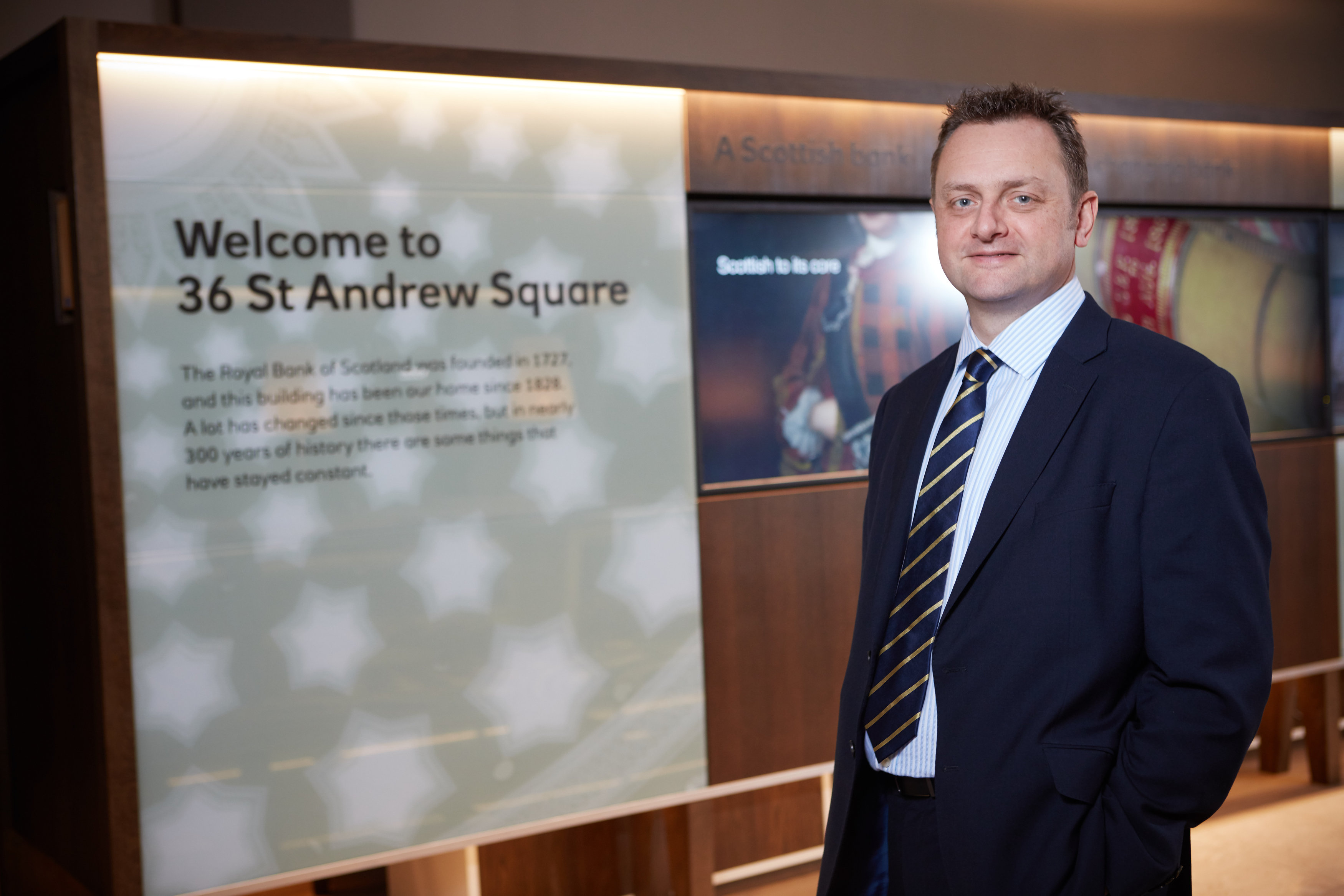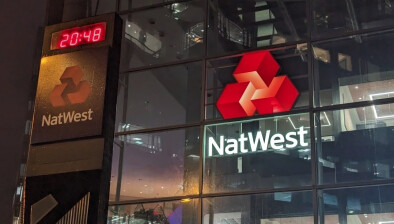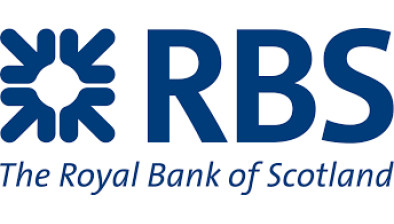RBS: Scottish private sector remains ‘close to stagnation’
The private sector economy in Scotland remained “close to stagnation” in August, with only fractional growth for a second month in a row, according to new figures from the Royal Bank of Scotland (RBS).

Malcolm Buchanan
According to the bank’s latest PMI report, order book volumes slipped into decline last month, while the fall in workforce numbers accelerated from July. Inflationary pressures remained strong overall, often reflecting currency weakness. Output expectations weakened further, with the level of positive sentiment in August the lowest in over three years.
The seasonally adjusted headline RBS Business Activity Index – a measure of combined manufacturing and service sector output – posted 50.3 in August, broadly unchanged from 50.2 in July, signalling only a fractional rise in output for the second consecutive month.
The downturn in the manufacturing sector eased from July, with output falling only fractionally in August. Service-providing firms, however, reported a slowing rate of growth, and one that was subdued in the context of the series historical average.
August data signalled a fractional reduction in order book volumes, following two months of increases. Anecdotal evidence linked the decline to political uncertainty. The fall was driven by the manufacturing sector, which reported a moderate reduction in new orders. On the other hand, the service sector posted fractional growth in new business.
With demand pressures subdued, businesses were able to focus on clearing backlogs in August. The level of outstanding business declined modestly, and for the eleventh month running.
Meanwhile, employment levels across Scotland’s private sector fell for the second consecutive month, and at the fastest rate since April 2016. That said, the fall in workforce numbers was only marginal overall.
Input prices continued to rise sharply in August, with firms noting currency weakness as the main cause. The rate of input price inflation ticked up from that seen in July, and was broadly in line with the long-run series average.
Firms passed on part of their higher input costs in the form of increased selling prices in August. The rate of output price inflation accelerated to the fastest in three months, but was modest overall.
Political and economic uncertainty continued to cloud the year-ahead outlook. Business confidence weakened to the lowest in over three years and, among the 12 monitored UK areas, only Northern Ireland held a weaker outlook than Scotland. In fact, sentiment has only been lower in the month following the EU referendum since the series began in July 2012.
Malcolm Buchanan, chair of the Scotland Board of RBS, said: “The Scottish private sector remained close to stagnation in August, with only fractional growth signalled by the headline Business Activity Index. The manufacturing sector remained the main source of weakness, although the downturn eased since July. Meanwhile, activity growth in the service sector slipped to a marginal pace.
“Latest data highlighted a fall in new orders following two months of growth, whilst further evidence spare capacity was reflected in employment as firms continued to shed jobs, with the fall in workforce numbers accelerating from July.
“Political uncertainty continued to weigh down expectations, with business confidence the weakest since July 2016. The level of positive sentiment in Scotland was the second-lowest across the 12 monitored UK areas, with only Northern Ireland holding a weaker outlook. Overall, the forward-looking components of the survey suggest firms are expecting further challenging times ahead.”






